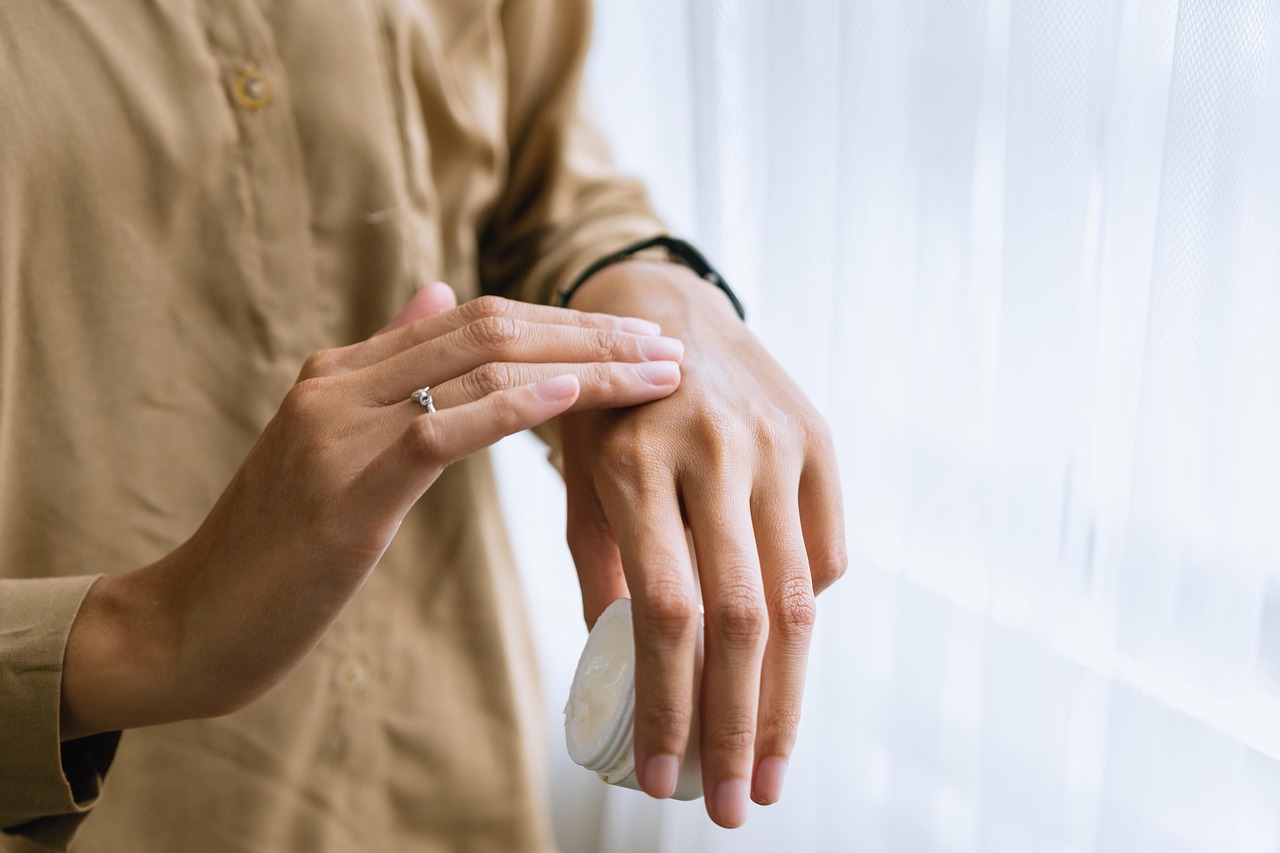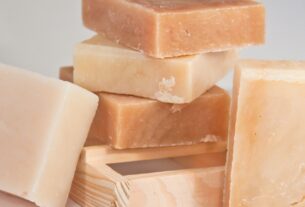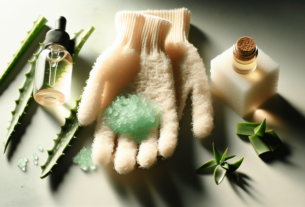Have you ever wondered why your skin sometimes feels dry, flaky, or lackluster? You might be surprised to learn that the secret to achieving that radiant glow lies in something as simple as hydration. Our skin, the body’s largest organ, is a mirror reflecting our internal health and hydration plays a pivotal role in maintaining its vitality. As you explore the importance of hydration for healthy skin, you’ll not only discover the basics but also delve into the science behind why staying adequately hydrated can transform your skin’s appearance.
Understanding The Relationship Between Hydration and Skin
To grasp how hydration impacts your skin, it’s crucial to understand the intricate relationship between the two. Your skin functions as a natural barrier, protecting against environmental hazards while regulating temperature and preventing moisture loss. However, its health and appearance are heavily influenced by how well-hydrated it is.
The Science Behind Skin Hydration
Hydration is all about water content in your skin’s surface layers. The stratum corneum, the skin’s outermost layer, needs sufficient moisture to maintain its elasticity, smoothness, and overall wellness. When hydrated, this layer performs optimally, protecting deeper skin tissues and maintaining suppleness. Conversely, dehydration leads to dryness, sensitivity, and accelerated aging signs like fine lines.
How Dehydration Affects Your Skin
When your body lacks water, your skin becomes one of the first casualties. Without enough hydration, your skin can’t perform its functions effectively. You might notice flakiness, dullness, and an increase in fine lines and wrinkles. Essentially, dehydration speeds up the skin’s aging process, and that means less youthful, more tired-looking skin.
Signs of Dehydrated Skin
Identifying the signs of dehydrated skin can help you take prompt action. Your skin might feel tight, sensitive, and possibly itchy. It could look dull, with an uneven tone. You might notice increased visibility of fine lines and wrinkles, especially around the eyes. Unlike dry skin, which is a skin type, dehydrated skin is a condition and can be resolved with proper care.
Differences Between Dry and Dehydrated Skin
It’s important to differentiate between dry skin, which is a skin type, and dehydrated skin, which is a temporary condition. Dry skin lacks oil and can be a lifelong issue, often resulting in flakiness. Dehydrated skin, on the other hand, lacks water and can affect any skin type, including oily skin. By recognizing these differences, you can choose the right approach to treatment.
| Characteristics | Dry Skin | Dehydrated Skin |
|---|---|---|
| Lacks | Oil | Water |
| Permanent or Temporary | Permanent | Temporary |
| Can Feel | Rough, flaky | Tight, dull |
| Treatment Focus | Moisturizing creams | Hydration |
The Role of Water in Skin Health
Water is fundamental to the body’s functionality, including the health of your skin. It helps in maintaining the skin’s elasticity and softness, supports the renewal of skin cells, and aids in the removal of toxins. When your hydration levels are optimal, your skin can perform these functions with efficiency and grace.
Benefits of Drinking Water for Your Skin
Drinking water doesn’t directly hydrate your skin, but it supports overall bodily function that enables your skin to show visible results. Adequate water intake helps in keeping your skin moisturized, improves skin elasticity, reduces signs of aging, speeds up wound healing, and combats many chronic skin disorders.
The Limits of Topical Hydration
While topical products like moisturizers play a vital role in hydrating the skin directly, they mostly address surface-level dehydration. Such products are formulated to lock in moisture, protect the skin’s barrier, and temporarily boost hydration. However, without adequate water consumption, topical treatments might not be as effective because hydration from within supports deeper skin layers.
External Factors Impacting Skin Hydration
Hydration isn’t only influenced by how much water you drink. External factors can significantly affect your skin’s moisture levels.
Climate and Its Effect on Skin Moisture
Living in an environment with low humidity levels can sap moisture from your skin, making it more prone to dryness. Cold winds, harsh sun exposure, and air conditioning, or indoor heating can all strip water from the skin. In wealthy climates, additional steps may be necessary to keep your skin hydrated.
Lifestyle Habits
What you eat, how much sleep you get, and your overall lifestyle can also affect your skin’s hydration. Diets lacking in fruits and vegetables, insufficient sleep, and high stress levels can all diminish your skin’s glow. Incorporating water-rich foods, maintaining a balanced diet, and adopting a consistent sleep schedule can support your skin’s health.
The Role of Skincare Products
Selecting the right skincare products can make a considerable difference in hydrating your skin. Use products infused with hydrating ingredients like hyaluronic acid, glycerin, and ceramides in your daily routine. Emollients and occlusives help seal that hydration and prevent water loss.
Products That Can Dehydrate Your Skin
While certain products aid hydration, others can strip moisture away. Some cleansers, especially those heavy in alcohol, can dry the skin. Exfoliants, if overused, can equally dehydrate your skin. Be cautious of such ingredients and use them judiciously to maintain healthy skin hydration.

How to Maintain Optimal Skin Hydration
Maintaining skin hydration is a blend of internal and external efforts. It requires a strategic approach that includes drinking plenty of water, eating a balanced diet, adjusting skincare practices, and making lifestyle tweaks.
Hydration from the Inside Out
Ensuring you drink enough water is a simple yet overlooked part of skincare. Aim for at least eight 8-ounce glasses of water a day, but adjust based on your activity level and environment. Foods high in water content like watermelon, cucumber, and oranges can also contribute to your daily intake.
A Balanced Skin Hydration Routine
Creating a consistent skincare routine that prioritizes hydration can transform your skin. Cleanse gently, apply a toner for instant hydration, and layer with a serum containing hydrating ingredients. Finish with a moisturizer suitable for your skin type to lock in this hydration.
Adjust Your Diet for Better Skin Hydration
Diet plays a significant role in how your skin appears. Including good fats like avocados, fish, and nuts provides essential fatty acids that help maintain your skin’s barrier. Green tea and antioxidant-rich foods can protect your skin from environmental stressors.
Protect Your Skin’s Barrier
Your skin’s natural barrier plays a critical role in keeping moisture in and irritants out. Avoid over-exfoliating or using harsh products that disrupt this barrier. Opt for barrier-repair creams if necessary to maintain your skin’s integri
Conclusion: The Impact of Consistent Hydration on Skin Health
Achieving and maintaining healthy skin is a commitment that combines various hydration tactics. From drinking enough water and nourishing your body with a skin-friendly diet to selecting the right skincare products, each element supports your skin’s health from the inside out. By understanding the importance of hydration, not just as an occasional effort but as a fundamental part of your daily routine, you can ensure your skin remains glowing, resilient, and youthful for years to come.
Prioritizing hydration is not just about aesthetics. It’s an investment in your skin’s long-term health and function. As you adopt these hydration habits, you’ll likely notice improved elasticity, fewer wrinkles, and an all-around enhanced complexion. Remember, well-hydrated skin is happy skin, and it all starts with a glass of water and choices that support your skin’s natural glow.



